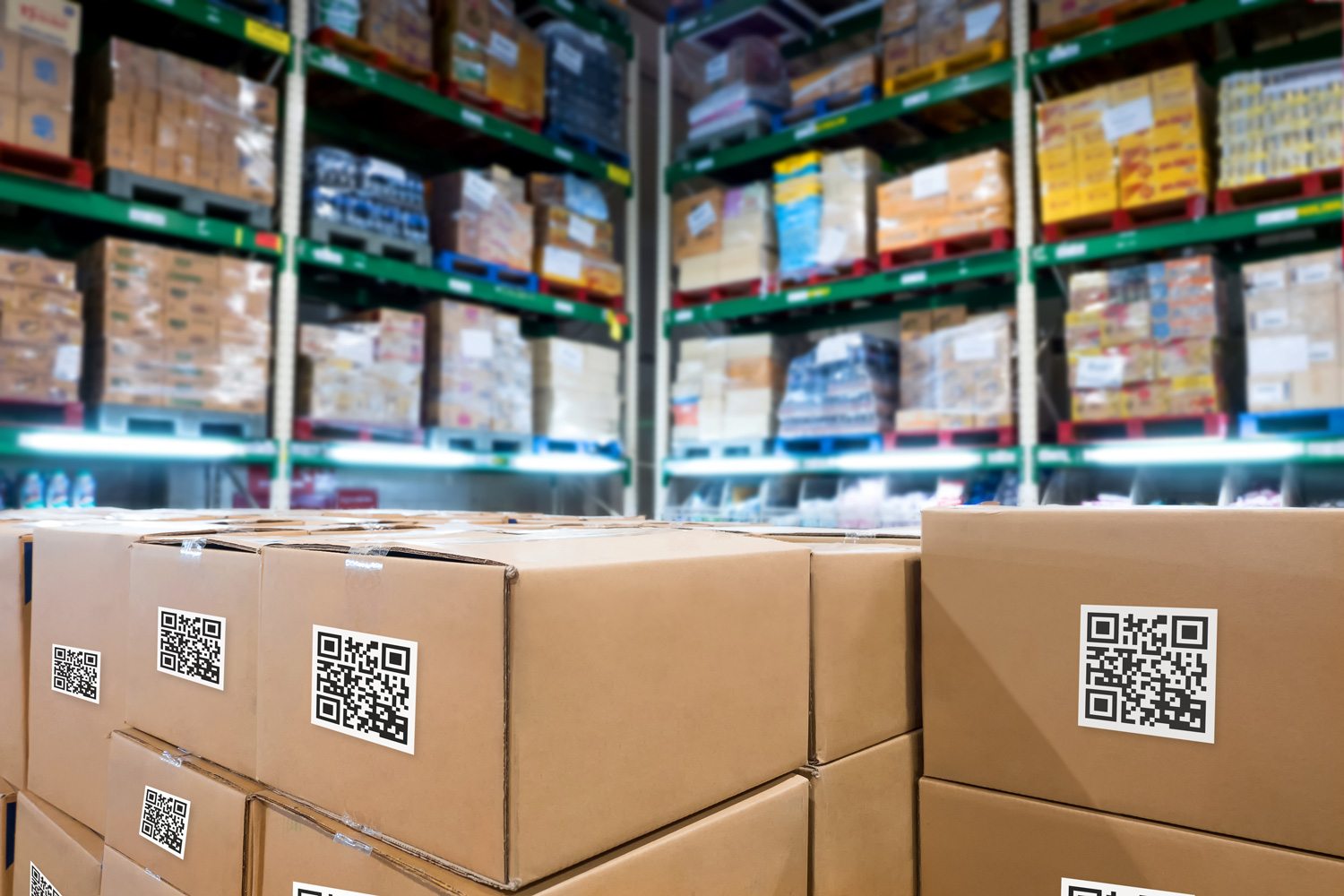Why Flexibility Might Be the Most Important Characteristic of Your Supply Chain Logistics
For a while there, it seemed like everything was humming along nicely in the world of supply chain logistics. Sure, there were the usual issues like shipment delays, and increasing customer demands. But, generally speaking, there were relatively few earth-shattering changes that forced major adjustments to most company’s supply chain logistics.
However, relatively recent changes on a number of fronts have added new complexities to optimizing supply chains. The variety of those changes, and their unpredictability means your supply chain management must be more flexible than ever.
Three Major Disruptions to Supply Chain Logistics
From things that are beyond anyone’s control, to changes that are so constant it’s difficult to keep up, disruptions are happening across every supply chain. Let’s take a look at just three of them. And find out why they mean that ‘flexibility’ might now be the most important trait of your supply chain logistics.
1. Extreme Weather
Regardless of what side of the climate-change debate you’re on, there’s no denying the increased incidents of extreme weather around the world. And there’s also no denying the effect those events have on the transportation of goods to and from your customers and suppliers.
While very costly, shipment delays are just one symptom of bad weather. For example, hurricanes Harvey and Irma completely shut down areas of Florida and Texas in 2017. Truck shipments weren’t delayed, they came to a stand-still.
How Supply Chain Flexibility Helps
While highways were clogged with evacuees and stuck traffic, rail lines remained open throughout the disasters. If your transportation logistics had intermodal flexibility, the impact of the hurricanes on transportation times would have been minimized.
2. Technological Advancements
They may be just a series of lines and numbers, but barcodes continue to add efficiencies to every link in a supply chain. The basic benefit of barcode tracking is the increased visibility you have into the transportation and warehousing of goods.
That visibility highlights a number of opportunities that were previously unknown. From precisely measuring transportation times and consolidating shipments, to maximizing warehouse space and reducing inventory shrinkage, the ability to track and analyze so many different parts of the supply chain opens up new ways to improve the process and cut cost.
How Supply Chain Flexibility Helps
You must be able to quickly and readily adopt and adapt to new systems, increased data and real-time reporting to take advantage of all the benefits that technological disruption brings to the supply chain.
3. The Shifting Political Landscape
‘Protectionism’ probably wasn’t even on the radar of companies, both inside and outside the United States, just a couple years ago. Yet suddenly it has implications in all corners of industry, commerce and the supply chains that serve them all.
Of the disruptions we are listing here today, protectionism has the potential to change things as quickly as any of them. For example, the decision to take part in or back out of a free trade agreement, like the CPTPP (Comprehensive and Progressive Agreement for Trans-Pacific Partnership) can mean your supply chain logistics must quickly scale up or down for you to remain competitive.
How Supply Chain Flexibility Helps
The ability to rapidly add or reduce warehousing capacity, and options to increase or decrease your international shipping capacities, will help you respond to shifts in international trade as profitably as possible.
If you would like to quickly make your supply chain more flexible and make every disruption into an opportunity, get in touch with us here at PiVal International.
Stay Up-To-Date
There's always something new from PiVAL



Comments are closed.